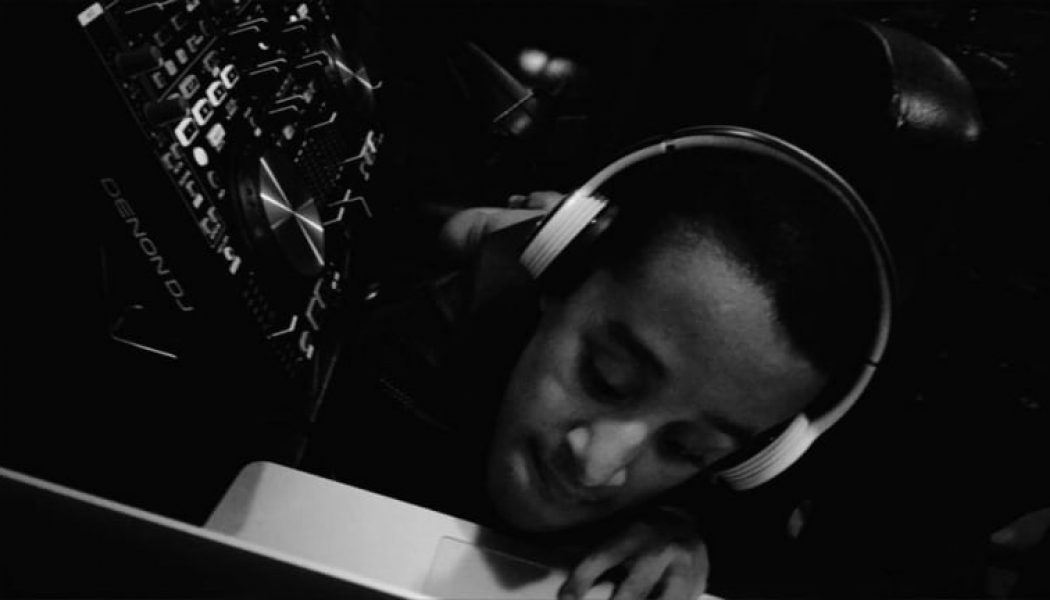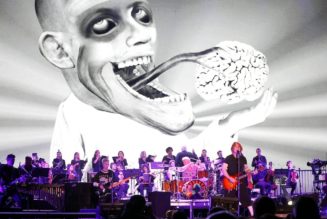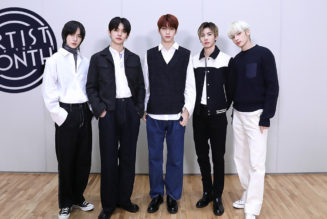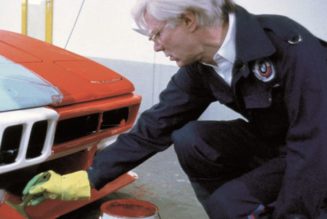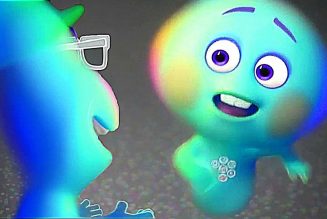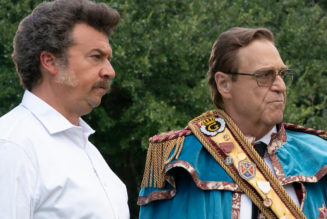Electronic dance music is in DJ Huguito‘s bones.
And while those bones are fragile, at the risk of fracture by contact with anything larger than a curious ladybug landing on his skin, his passion for dance music keeps them strong. Like the bone marrow that generates his blood cells, music serves as a catalyst.
DJ Huguito is a Miami-based dance music producer born with Osteogenesis Imperfecta, or Brittle Bone Disease, a malady characterized by extremely fragile bones that break easily. While the condition can be mild, a person with a severe case could experience hundreds of debilitating bone breaks that happen out of the blue and for no apparent reason. Approximately 20,000 to 50,000 people in the United States live with the rare disorder.
“I entered this world living in danger,” Huguito told EDM.com. “A bad fall can easily end my life. But I never let fear get in the way of what I want to accomplish.”
I’ve had over 200 fractures growing up. Listening to music was my way of healing.
Huguito, who pulls inspiration from electronic music greats such as Hardwell, Avicii, Swedish House Mafia, and Laidback Luke, has found solace in the EDM community. “Electronic music has been a part of my life for a long time. Especially since I’ve spent a lot of time in bed because of my disease,” he said. “I’ve had over 200 fractures growing up. Listening to music was my way of healing. Some of my favorites helped me get through those times.”
Huguito says he’s been DJing since 2016, and in that time, he has never had an incident that would cause his life to be at risk. “Most of the clubs and places that I have DJed at have really good security,” he said. “I’ve been to several pool parties and clubs these last few years. As you know sometimes they get crazy but I’ve always had people and security look out for me. I don’t want my disease or physical disability to get in the way of doing what I love most.”
Huguito’s disease is yet to derail his love of dance music and his tenacious work ethic—but not for lack of trying. 200 bone fractures over the course of his lifetime is an unfathomable number considering there is a total of 206 in the human body. Despite the unwavering threat to his health, however, he remained in relentless pursuit of his goal to become an influential electronic music producer.
“As you can imagine growing up was a difficult time for me,” he continued. “I really didn’t have a sense of direction or what I wanted to do in the future. Being in a wheelchair really limits the things I could do. I remember watching the Miami Ultra Music Festival on my computer and thinking to myself, ‘That’s something I could do. I can make music and inspire others like it’s inspired me.’ From that moment on I had a dream and goal to go after.”
To me the most important aspect of this is the music.
The dauntless nature of Huguito’s story is manifested in his stentorian sound, which is rooted in stomping electro and big room house. When asked how he plans to tell that story through his music, he points to “Belongs to You,” the very first track he produced. “[The song] was made to show the world that I won’t be stopped, regardless of the obstacles that get in my way,” he asserted. “I also don’t want to use my disability as a way of getting fame or getting attention. To me the most important aspect of this is the music. I want people to enjoy the music for its quality and its production. If people happened to be inspired by my story, then that’s a plus. I want people to enjoy it as if it were from any other great artist.”
A highlight of Huguito’s career came on New Year’s Day, 2021, when his song “I’m Done” officially hit streaming platforms. The track, which features Los Angeles-based vocalist Myah Marie, was released by none other than Revealed Recordings, a storied record label founded by Hardwell.
The road to releasing music on a label owned by one of his idols was one of perseverance and unadulterated grit. Like a pole vaulter with no pole, he had to learn how to navigate his condition to reach the heights of his able-bodied contemporaries.
“I think my biggest hurdle was learning how to DJ on my wheelchair,” said Huguito, whose first DJ controller was a Denon MC 6000MK2. “Because of my arms being so short, I had to learn and figure out a way to position my controller right. Once I had that figured out, I watched a ton of YouTube videos of how to DJ. My biggest supporter and teacher was DJ Africa, a Latin DJ from Miami.”
I wanted to use the passion I had for music to inspire others, just like these amazing artists did for me.
As any electronic musician can attest, DJing and producing music are two wholly different art forms. DJ Huguito found that out at a young age, when he first began dabbling in Ableton and Logic Pro. “At a young age I was bed bound and couldn’t really do anything physically. Instead of feeling sorry for myself, I took the time to learn and practice how to train my ears, and I learned how to use the programs I use to make music,” he said. “Songs like ‘Don’t You Worry Child’ by Swedish House Mafia, ‘Levels’ by Avicii, and ‘Spaceman’ by Hardwell are the ones that inspired me to make music. I knew my whole life I had a physical disability but I also knew I had a great head on my shoulders. I wanted to use the passion I had for music to inspire others, just like these amazing artists did for me.”
To the outsiders looking in, the EDM zeitgeist is shaped by glowstick-waving, kandi-trading, drug-fueled imbeciles who wait for the next beat to drop so they can bang their heads until their next seizure. However, those on the inside—who have immersed themselves into the culture—know it’s much more than that.
If EDM is anything, it is inclusive. In an ableist world where people often discriminate in favor of able-bodied people, DJ Huguito found a safe haven in the electronic music community, where he has thrived.
As flagrant as it is, ableism remains a tacit topic in America, drifting along through the years in a cloak of inertia. People with severe disabilities working full-time earn approximately $1,000 less per month than non-disabled workers, according to the National Conference for Community and Justice. The organization also notes that in 2008, 13.3 million people aged 16-64 experienced difficulty finding employment due to their disabilities, an unsurprising statistic considering the fact that only 13% of disabled people over the age of 25 had a bachelor’s degree or higher.
At times, DJ Huguito has felt the sting of the upshot of ableism. “Being in a wheelchair has its ups and downs. I’ve definitely had some uncomfortable situations where I’ve felt that discrimination was a factor,” he lamented. “I remember going to a few concerts and not being able to see over the crowd because of the venue not having accessible seating. There are some clubs that don’t have elevators, which are sometimes needed to get into the DJ booth.”
I want my music to do the talking.
Despite the sporadic instances of discrimination, there have been many more positive experiences with promoters than negative ones. Huguito’s first-ever meeting with a club manager, he says, was quite an enlightening encounter. “I was definitely nervous,” he admitted. “I mean can you imagine a guy in a wheelchair asking to DJ at his club?”
“I knew I had to be very convincing, especially since I was just starting my career as a DJ. I didn’t have a following nor had I ever DJed at a club before,” he continued. “I came in with confidence and asked him, ‘What does DJing have to do with me having a disability?’ He loved my confidence and approach and gave me a shot. From that moment on I’ve gotten so much love and support. I’ve had so many people come up to me wanting a picture and tell me how inspiring and what a great DJ I am. Opportunity is all I asked for. I don’t want promoters or club owners turning me down because of the setup. I will find a way around it. I want my music to do the talking.”
FOLLOW DJ HUGUITO:
Facebook: facebook.com/djhuguito93
Twitter: twitter.com/DJ_Huguito93
Instagram: instagram.com/djhuguito
Spotify: spoti.fi/3ooSrCo

